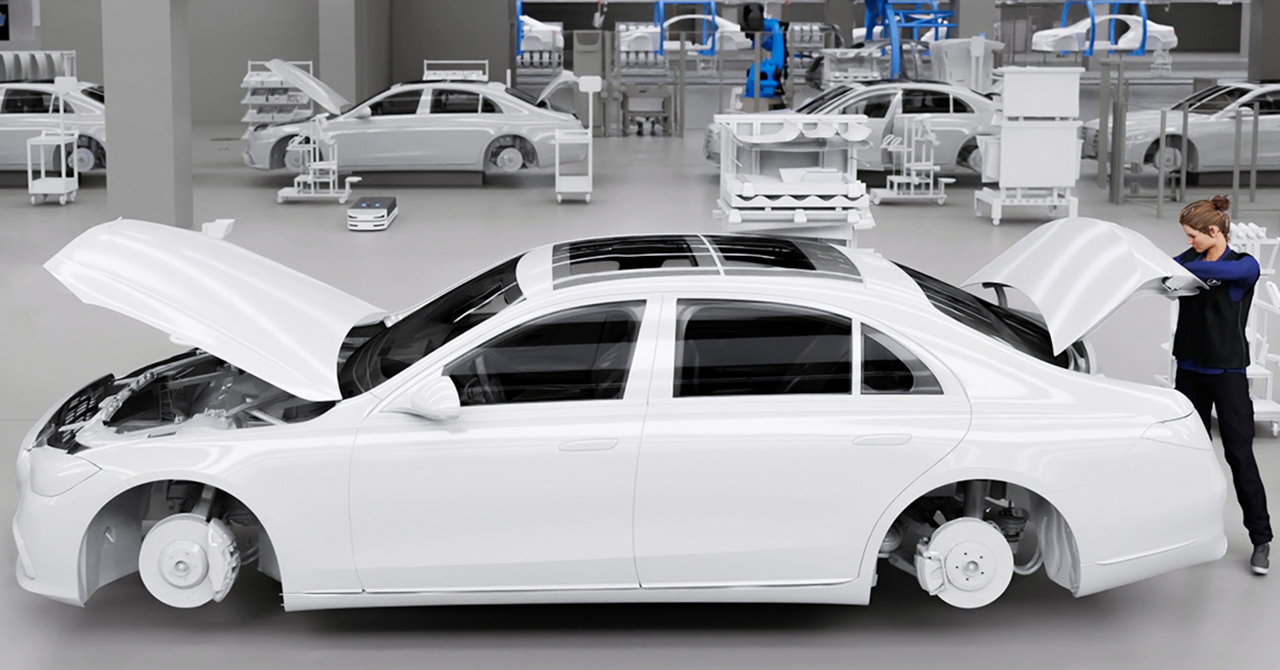According to Danny Shapiro, Nvidia's VP of automotive, Mercedes has already been working with the tech company to develop autonomous vehicle technology in simulation. Now, they are bringing Omniverse technology to the production level and creating a digital twin of the entire factory. This will enable Mercedes to model all aspects of their assembly process, from vehicles and robots to factory workers, and streamline the transition from their current A class production to the next generation of vehicles.
Having a virtual workflow will also allow Mercedes to quickly respond to supply chain disruptions and reconfigure the assembly line as needed. In the future, the company plans to expand this strategy to their global factories.
Shapiro also mentioned that automakers can use Drive SIM, Nvidia's simulation platform, to collaborate on vehicle design in virtual reality. He envisions a future where automakers will use simulation to create retail experiences and offer virtual walkthroughs of cars from a customer's home. "We think about this whole lifecycle of a digital twin, from design to engineering to manufacturing to retail," said Shapiro, suggesting that there may be an announcement in the automotive retail realm in the coming months.
The metaverse (or Omniverse, in the case of Nvidia's technology) is a collective virtual shared space, created by the convergence of virtually enhanced physical reality and physically persistent virtual space, including the sum of all virtual worlds, augmented realities, and the internet. It is a virtual space where users can interact with each other and virtual objects and experiences in real-time. The concept of the metaverse has been described in science fiction and emerging technologies for decades, but it is beginning to become a reality with the advancement of virtual and augmented reality technologies.
Source: TechCrunch

